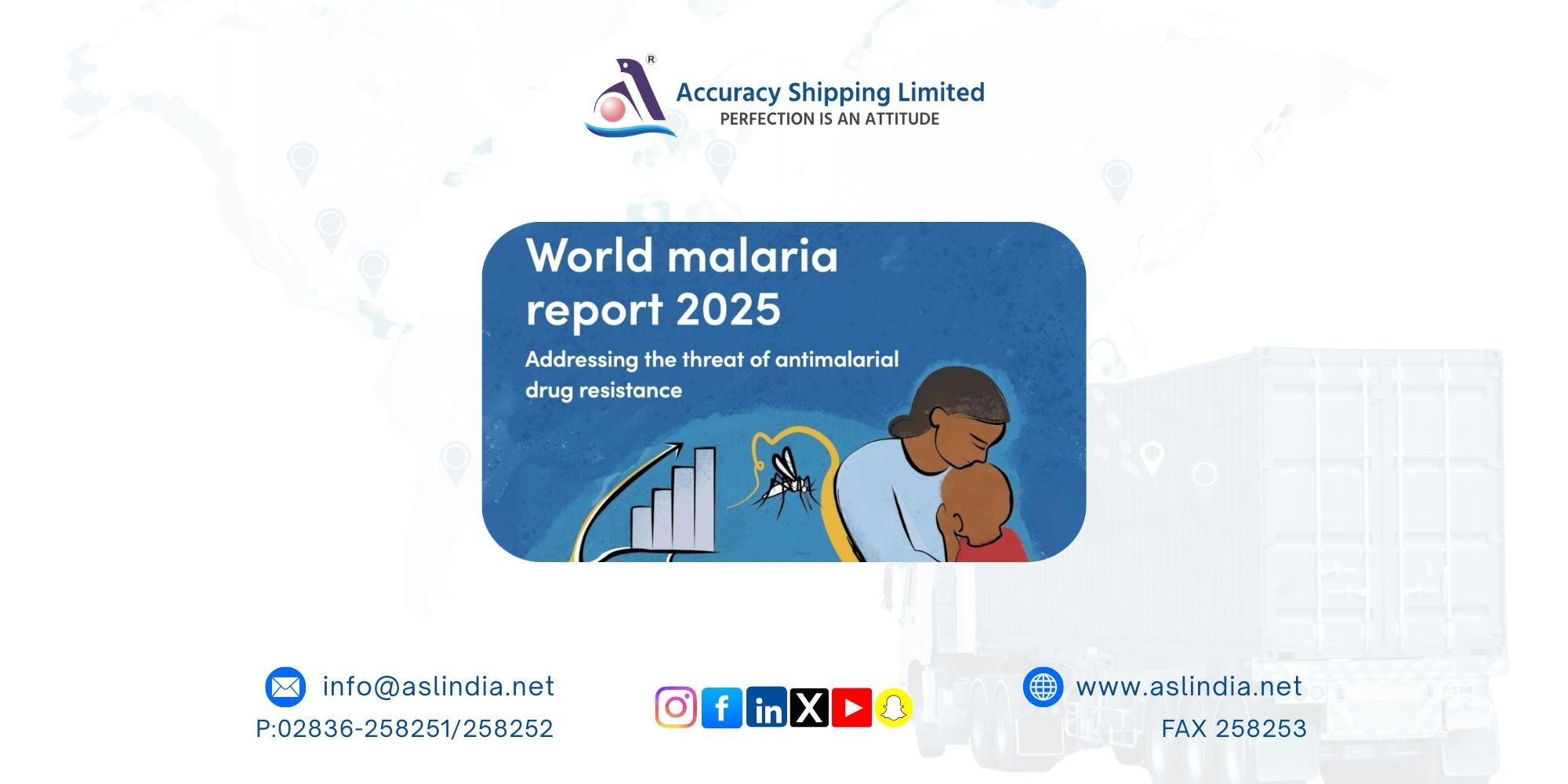Benefits ‘on the plate’: Big and small businesses eye growth in Mozambique

Local Entrepreneurship on Display
Maputo, Mozambique – The annual Maputo International Trade Fair (FACIM) is more than just a showcase for large corporations and foreign investors. It’s also a vibrant stage where small businesses and informal vendors step into the spotlight. Among them is Ludmila Malambe, a juice brand run by part-time entrepreneur Vania Pessane, who sells refreshing baobab-based drinks. For just 100 meticals ($1.50) a cup, her assistant carries trays of malambe juice through the packed pavilions, catching the attention of thirsty visitors.
While established vendors spend thousands of meticals for coveted booths inside the venue, Pessane and other small entrepreneurs run affordable stalls outside, taking advantage of the bustling crowds. “International events in Maputo are very good for small businesses,” she says, noting that she often attends tourism and cultural fairs to expand her reach.
Informal Sector, Formal Dreams
Mozambique’s economy remains a challenge, with more than 70% of its 34 million people living on less than $2.15 a day and about 80% employed in the informal sector, according to the World Bank. Yet, officials emphasize that entrepreneurship thrives even in difficult times.
“Mozambicans don’t just wait for jobs; they create opportunities,” says Antonio Grispos, Secretary of State for Commerce. He notes that while unemployment figures are high on paper, many people still engage in street vending, food stalls, or clothing sales to support themselves.
For entrepreneurs like Cardate Massingue, who turned to running a small food stall after losing her supermarket job and her husband in the same year, these events provide hope. Selling grilled chicken skewers outside FACIM, she calls it “a good environment” to find new customers.
A Government Vision for Inclusive Growth
Secretary Grispos underscores the government’s broader vision: ensuring that Mozambique’s natural wealth benefits its people directly. “We have to choose: champagne for a few, or potable water for everyone. We prefer the second,” he says, paraphrasing Thomas Sankara.
Under President Daniel Chapo, Mozambique is investing in large-scale partnerships, including a $20 billion energy deal with a Qatari firm and the revival of Total’s LNG project in Cabo Delgado. At the same time, initiatives like the $40 million Mutual Guarantee Fund aim to empower small and medium enterprises (SMEs) with both financial support and training in financial literacy.
“The poor guy needs to feel that benefit on the table – on the plate,” Grispos emphasizes, stressing that community inclusion is key.
Challenges and Hopes for the Future
Despite optimism, young Mozambicans voice concerns about limited opportunities. A graduate attending a youth employment summit in Maputo described disappointment when the event lacked meaningful job connections. Meanwhile, small traders like Pessane argue that foreign investors and trade delegates should also engage with grassroots businesses outside formal pavilions.
Pessane’s vision is clear: to turn malambe, a fruit unique to Mozambique’s baobab trees, into a global brand. Already producing juices, preserves, yoghurts, and even chocolate, she dreams of expanding nationally and internationally. “I want to be the international malambe brand,” she says, believing that with the right investment and promotion, Mozambique’s natural products can shine worldwide.
Conclusion
Mozambique stands at a crossroads. While foreign investments in gas and infrastructure promise growth, the heartbeat of its economy lies equally in the entrepreneurial spirit of its people. From informal juice stands to small food stalls, ordinary citizens are seizing opportunities to write their own success stories.
The challenge for policymakers and investors is to ensure that growth is inclusive – so that the benefits of Mozambique’s resources and opportunities are not just measured in numbers but felt on the plate of every Mozambican household.







